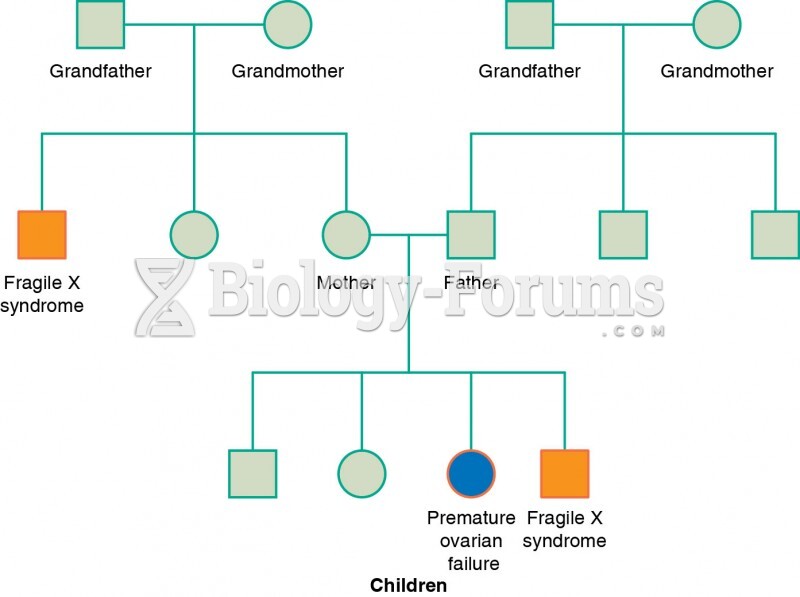This topic contains a solution. Click here to go to the answer
|
|
|
Did you know?
Increased intake of vitamin D has been shown to reduce fractures up to 25% in older people.
Did you know?
Immunoglobulin injections may give short-term protection against, or reduce severity of certain diseases. They help people who have an inherited problem making their own antibodies, or those who are having certain types of cancer treatments.
Did you know?
There are 20 feet of blood vessels in each square inch of human skin.
Did you know?
In 1864, the first barbiturate (barbituric acid) was synthesized.
Did you know?
The average adult has about 21 square feet of skin.







